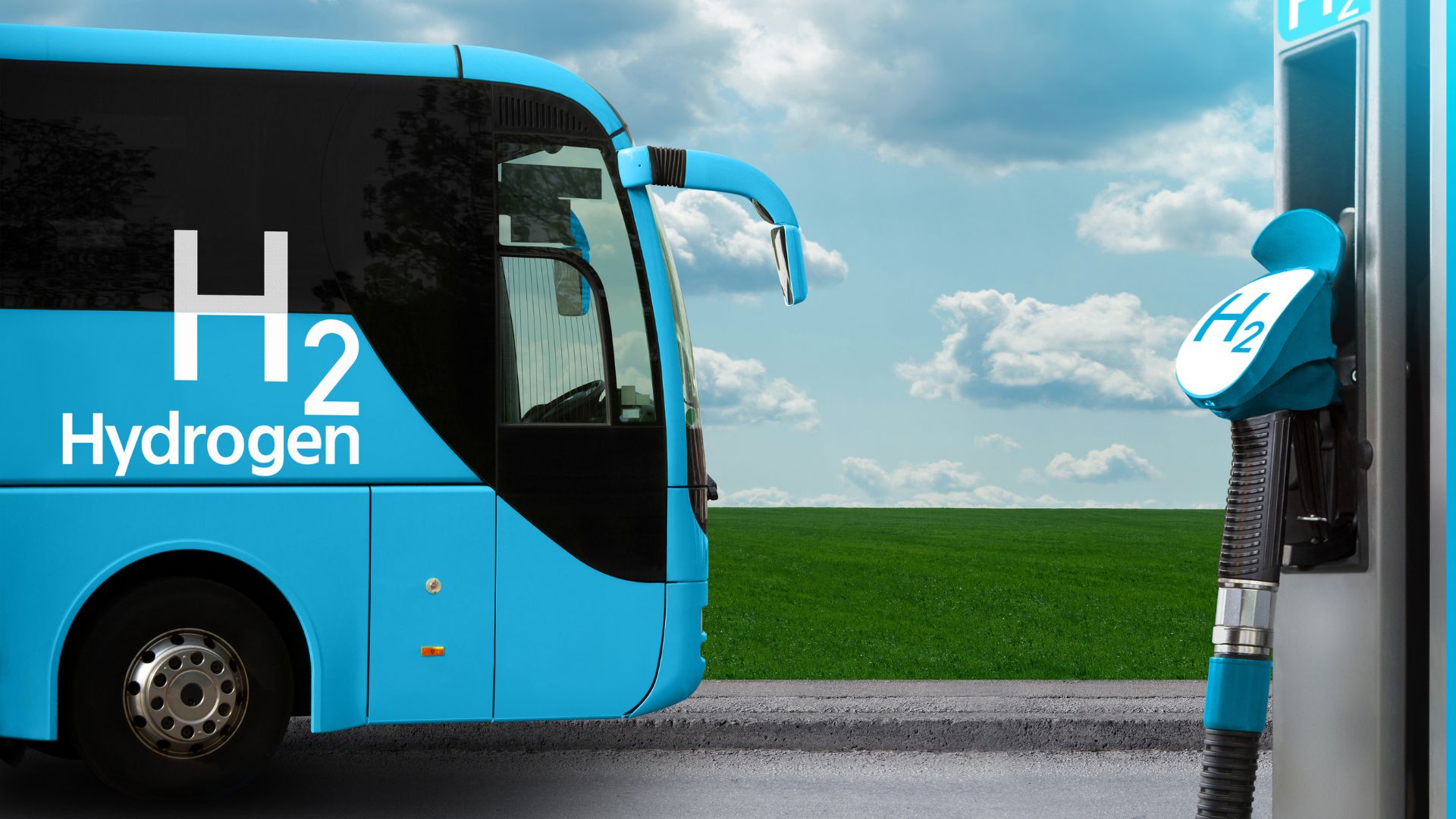The number of hydrogen vehicles in service globally could increase dramatically over the next five years. Currently, there are around 60,000 hydrogen vehicles on the read. According to a new study, this will increase to one million by the end of 2027.
Advantages of Hydrogen Vehicles over Electric Vehicles
The report identified several advantages hydrogen vehicles have over electric vehicles, including:
• Hydrogen can be pumped using the existing network of petrol stations.
• Hydrogen vehicles can achieve longer distances because they densely pack their energy storage.
• Filling up a hydrogen vehicle takes a few minutes compared to EVs, which can take several hours to charge.
The report says the limitations of EVs are highlighted by the existence of hybrid vehicles in many commercial sectors. Buses, trains, and trucks are widely available as diesel-electric hybrids; proving that based on current technology, EVs are not up to providing a mass transit solution.
Additionally, hydrogen is being touted as an alternative to EVs because EVs use large, heavy, expensive batteries that require rare earth metals such as cobalt, nickel, and lithium. As much as hydrogen requires platinum in production, it is needed only in production centres and far smaller quantities. Research on finding an alternative to platinum is also at an advanced stage.
Juniper Research defines hydrogen vehicles as vehicles that use hydrogen propulsion systems as their onboard fuel. The chemical energy of hydrogen and oxygen reacts with the fuel cell and converts the energy to electricity.

Hydrogen Vehicle Development
The report claims that several major vehicle manufacturers, including BMW and Audi, believe that a change in the political atmosphere could favour hydrogen vehicles over EVs. Both manufacturers are developing hydrogen fuel cell prototypes in addition to EVs as part of preparations to phase out fossil fuels.
Japanese carmakers Toyota, Nissan, Honda, and South Korea’s Hyundai were the only manufacturers developing and pushing for hydrogen fuel cell cars for years. Now China is expanding its hydrogen fuelling infrastructure, and the EU wants to build more hydrogen fuelling stations for commercial vehicles.
The research forecasts that the consumers will lead the hydrogen vehicles market, with consumer vehicles accounting for over 60% of hydrogen vehicles globally in 2027. The report identified the emerging development stage of many commercial vehicle types and the high average cost of hydrogen-powered commercial vehicles as critical factors limiting the market’s potential growth.
Research co-author Olivia Williams explained, “Manufacturers will need to make hydrogen vehicles more affordable to become viable for fleets, but increased range and suitability for heavy goods transport will ultimately drive growth and economies of scale.”
Additionally, the report identified the low availability of fuelling infrastructure as a critical challenge for broader adoption. Still, it highlighted heavy industry investment as key to reducing this concern over the next five years. The report recommends that infrastructure vendors provide ‘green’ hydrogen, produced using renewable energy sources, to best take advantage of environmental concerns driving the adoption of alternative fuels.
I’ve been following this. As a Classic car and Classic scooter owner I’m very happy about this.
The Classic car world will also be very happy.
Hydrogen vehicles have so many advantages over battery cars and fossil fuel vehicles and, more importantly , produce no carbon emissions. I would buy one of these vehicles today, if there were more refuelling stations. In my opinion, the UK government and the oil companies should be investing all of their funds into enabling this transition.
I must admit I have been talking about this for a very long time the government’s of the UK have been missing a trick they are never going to put the ev points around the UK to go totally go electric but they can do it with hydrogen so good luck
The Governments seem to not taking into account the advantages of hydrogen power. It is the fuel of the future and infer structure needs to get it going as soon as possible. The rare earth minerals are not needed for hydrogen power, and think about all those batteries that have to be scrapped after there useful life, nightmare for a green new future? I’m an Electrical Engineer, and have been waiting for the Government for years to wake up to the future of hydrogen power.
Investment in hydrogen has been poorly served, by the industrial profiteers who make more money in battery power. On top of that, think about the electrical cables underground that will have to be uprated to cope with the higher demand, also with the evolution of A/C using even more power. I’m still waiting to buy my Hydrogen car?
Oh wow! Thanks for that. I’ve been waiting for hydrogen power for years. So exciting.
If Hydrogen is the best and cheapest fuel to operate the majority of vehicles on British highways and in the air and on the seas World wide, then it’s a no.brainer surely, the only people to convince is the Government’s of the world.
It’s about time as batteries are not a solution look at overnight parking areas how could all those trucks charge. They have to park after there hours are up but not all can get to services some are held up at delivery points and have to park as there time is up. Also if held up on road by traffic queue for hours moving slowly they could run out of charge what would happen then??. You can’t take fuel to 20 truck’s and it would take hours to tow them but hydrogen is viable to refuel roadside also is quicker. But batteries can’t call for a top up because of time constraints during the workin hours. Hydrogen is at this time the best alternatives Readily available. Also you won’t need 5 tonne of batteries so better payload less wear on tyre’s when empty.